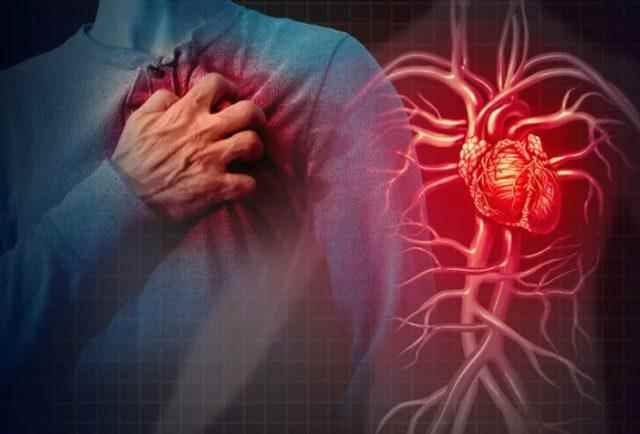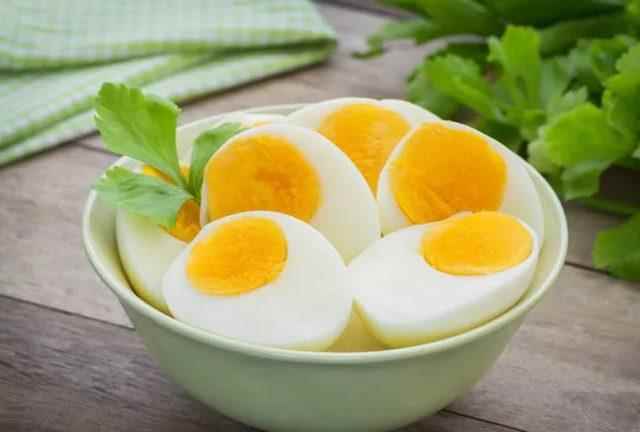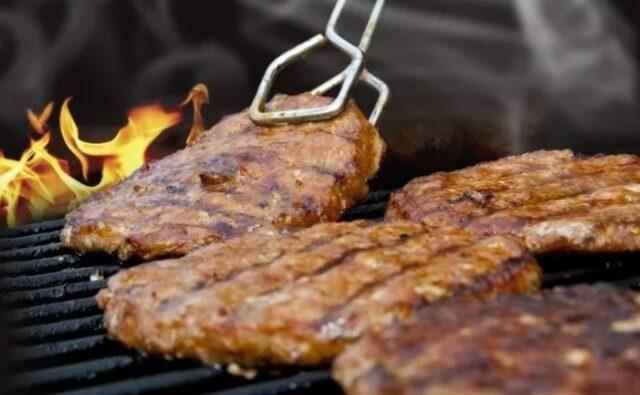When any part of the body is cut or injured, the body stops bleeding by forming a blood clot. These clots are important for the healing of wounds and stopping of blood. However, the blood should not coagulate while the body is moving. Blood clots in the arteries can increase the risk of stroke, heart attack, severe leg pain, difficulty walking, and loss of limbs. Experts warn that a few foods that we think are healthy cause blood clots.
BEWARE OF PROCESSED AND RED MEAT
Research published in the Journal of Arteriosclerosis, Thrombosis and Vascular Biology warns that meat intake can produce clotting substances called TMAO in the gut microbiome. The findings suggested that eating more meat, especially processed and red meat, was linked to a higher risk of atherosclerotic cardiovascular disease. According to the NHS, arterial thrombosis usually affects people whose arteries are clogged with fatty deposits known as atherosclerosis. These deposits contribute to hardening of the arteries over time, which increases the risk of blood clots.
IT IS A CLEAR THREAT TO HEART HEALTH

The report highlighted the ongoing debate about the effects of animal-derived foods on cardiovascular disease. To shed some light, the researchers examined the gut effects of carnitine, a nutrient abundant in red meat. When trillions of bacteria in the digestive tract digest red meat, they produce a product or two called TMAO, which is known to trigger inflammation and blood clots. Researchers at the Cleveland Clinic explained in 2017: “TMAO poses a clear threat to heart health.
INCREASES THE RISK OF HEART ATTACK AND PALACE

“Previous data showed that high levels of the compound contribute to a higher risk for clot-related events such as heart attacks and strokes. In another analysis, scientists found that high blood TMAO levels were higher in a group of 2235 patients with stable coronary artery disease early on. “Those with higher blood TMAO levels were four times more likely to die from any cause in the next five years.”
EGG YOLK IS ALSO RISK

The findings, published in Circulation, emerged from their study of people given choline supplements, half of whom ate meat and the rest were vegetarian.
After two months, TMAO levels in the group increased tenfold, and the tendency of blood platelets to clump together increased proportionally. The Harvard School of Public Health explains: “Although choline-rich foods—liver, egg yolks, and red meat—tend to be higher in saturated fat, choline can also be found in foods like salmon, cod, tilapia, chicken breast, and legumes.”
